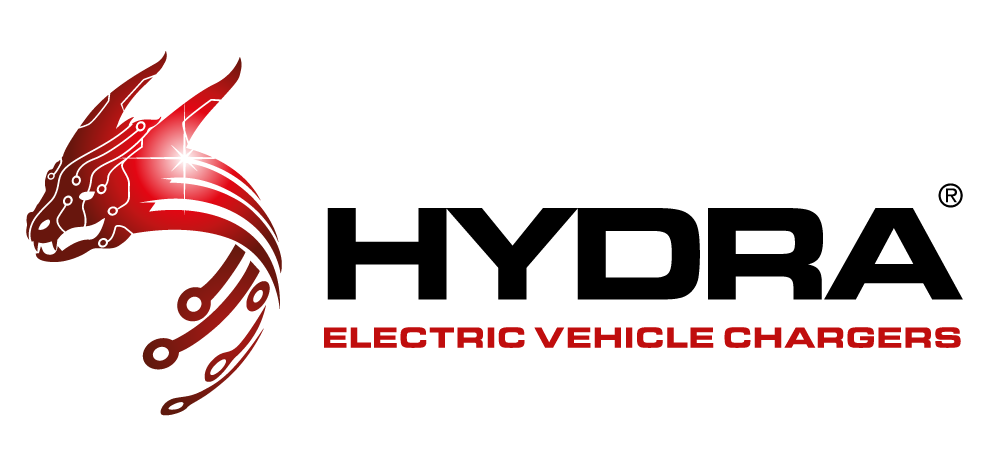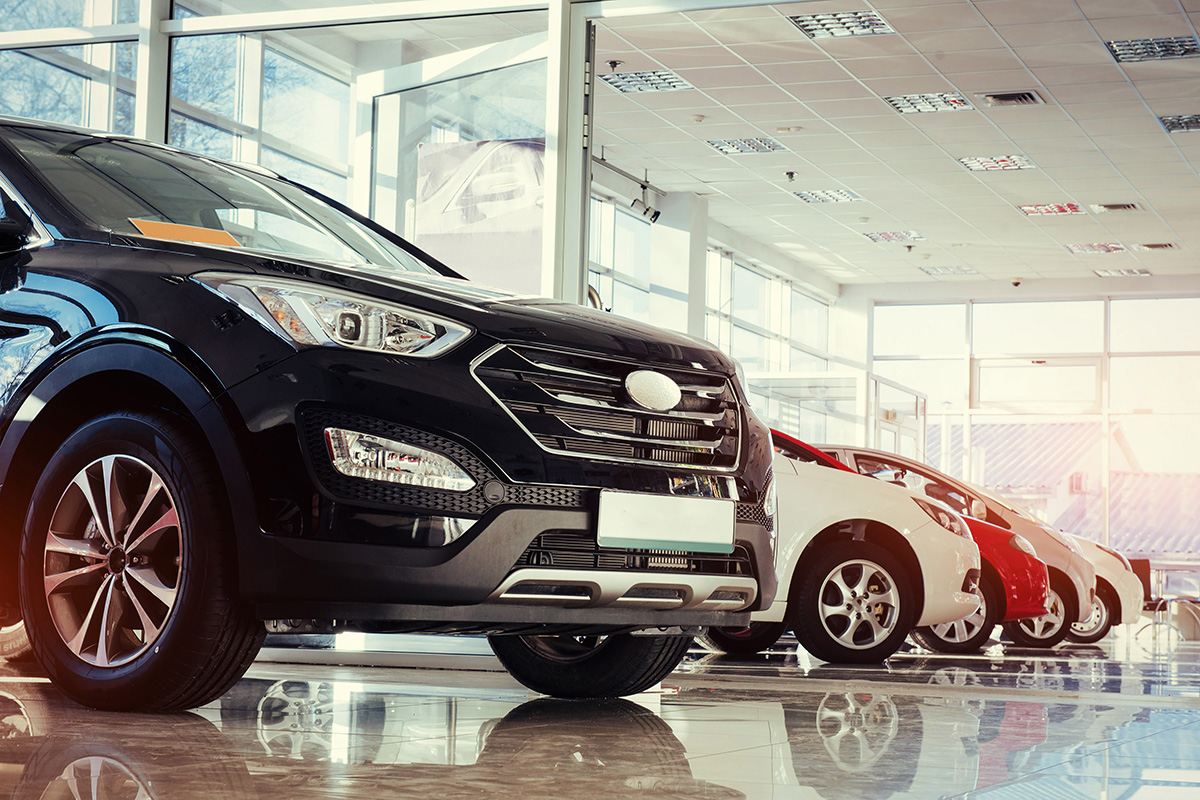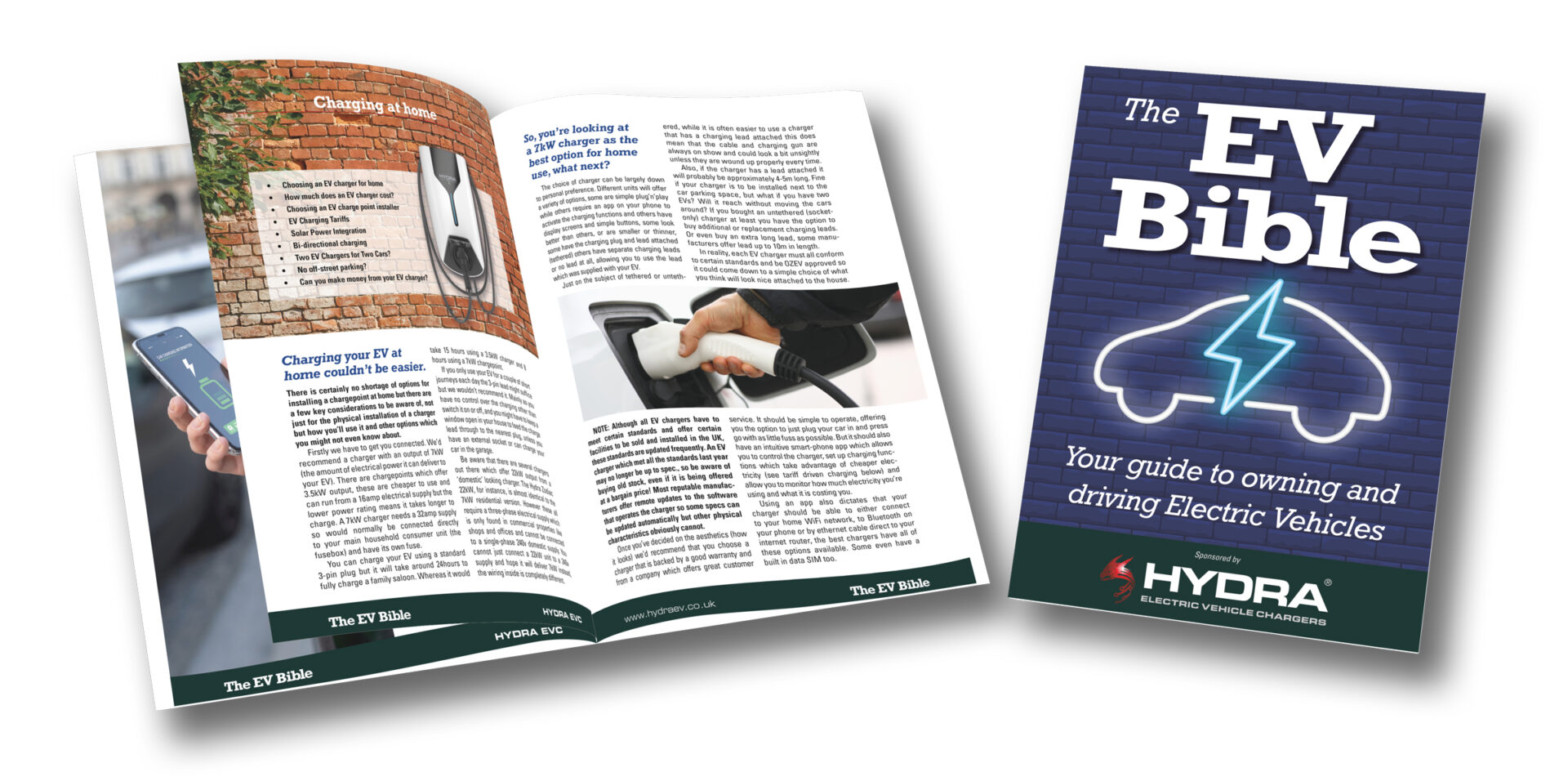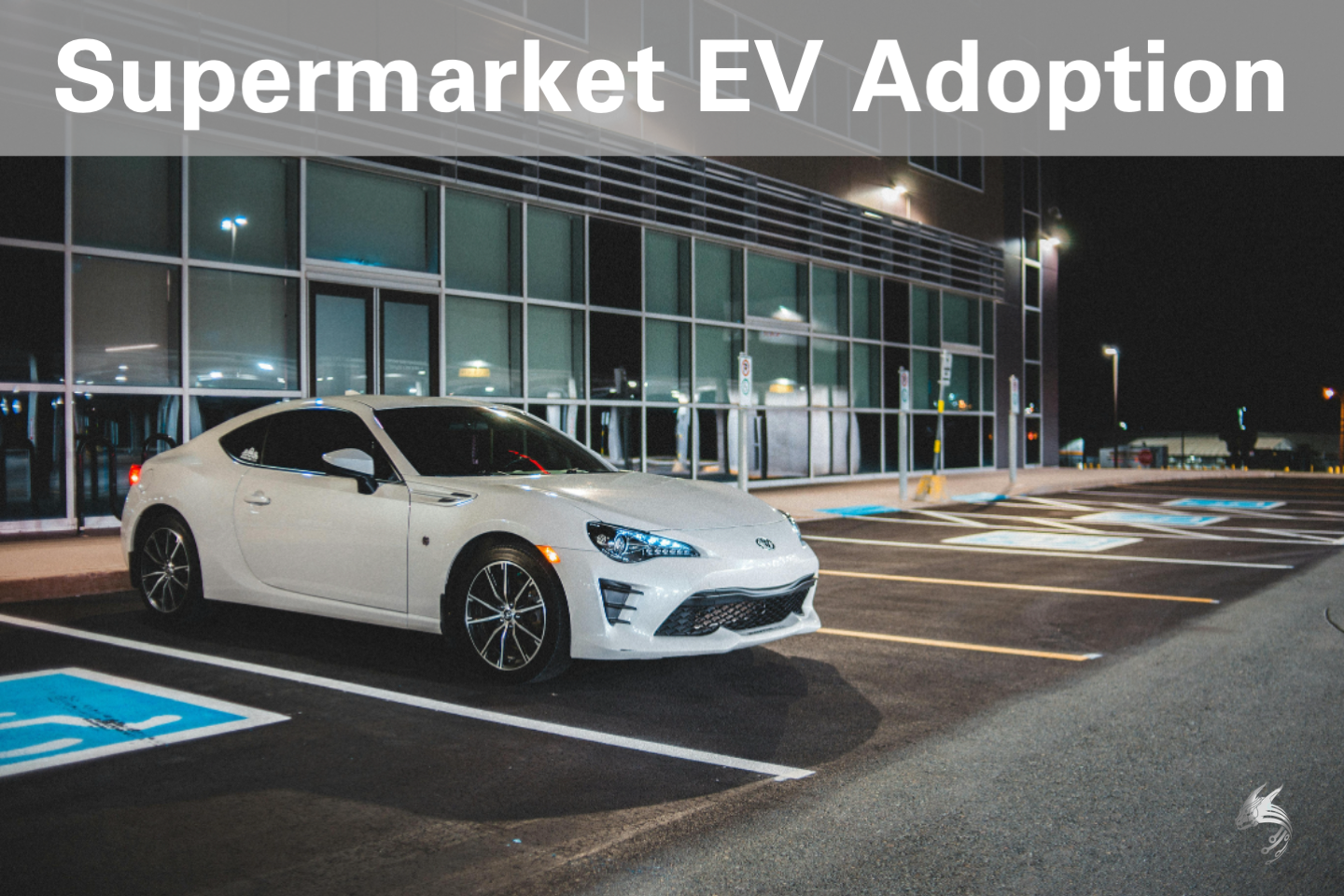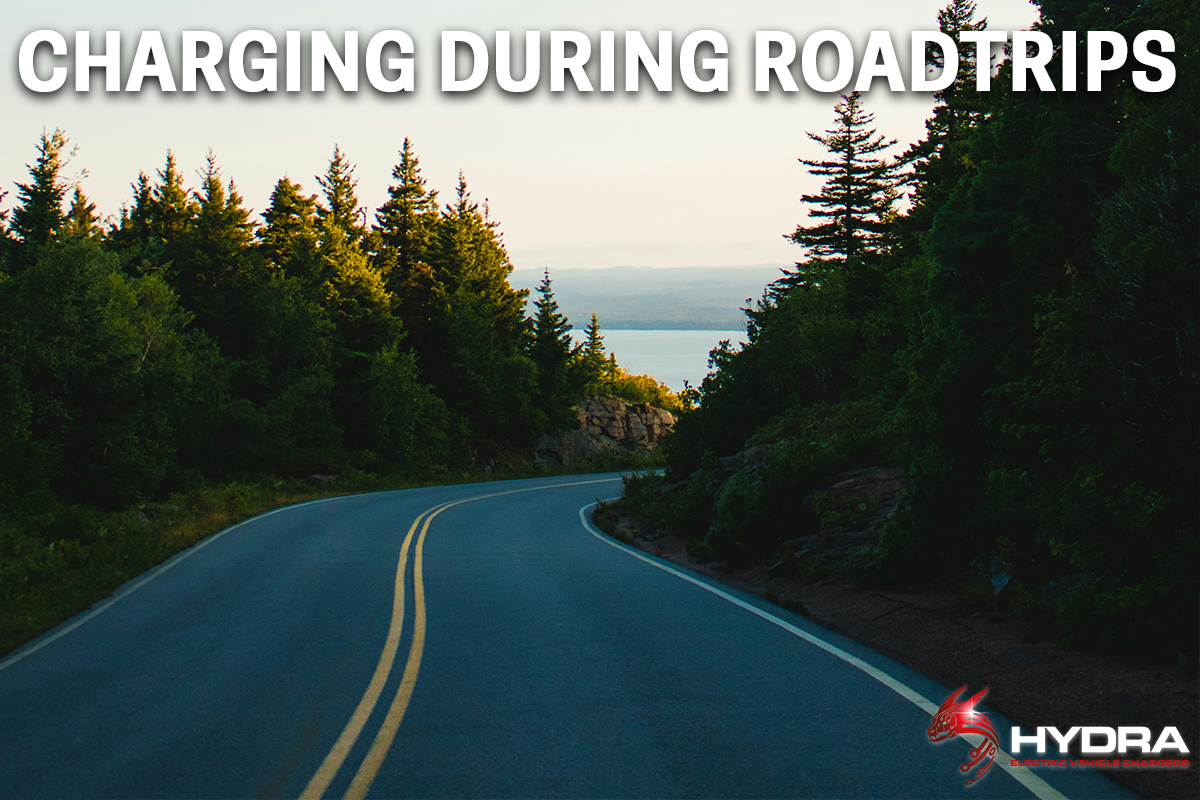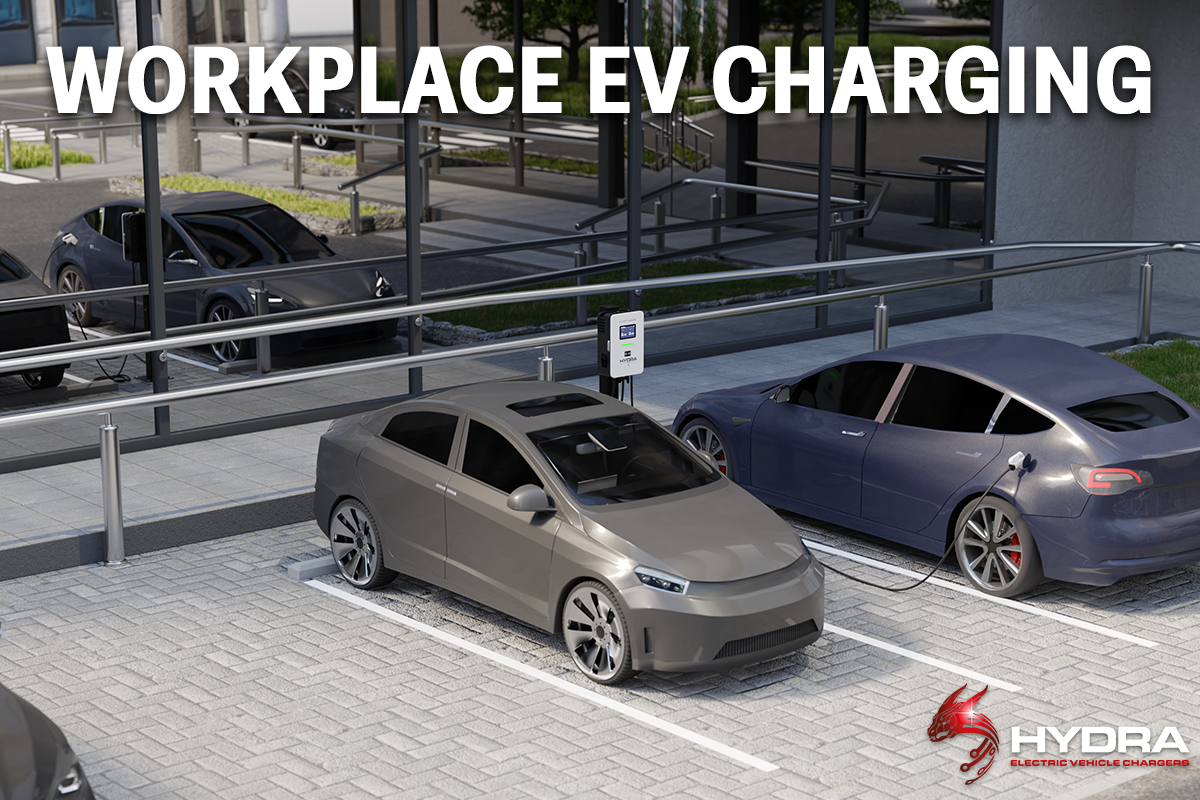As more car dealerships move in to EV sales they need to look at their own EV chargepoint infrastructure to ensure they can adequately service their customer’s EVs. What better way to keep a customer happy than to send them away with a full battery?
The installation of 7kW or 22kW AC chargepoints is the most straightforward, low-cost solution to get a dealership on the EV ladder, these can be installed with very little additional electrical work other than connecting them to a suitable electrical supply.
A Single-phase 240v 32amp connection is adequate to feed a 7kW charger like the Hydra Cubus. It can add around 30miles range in one hour. If you have a three-phase supply (most commercial premises do) a 22kW Cubus or 22kW Genesis could add 75 miles of range in the same time, but only if the vehicle can accept that level of charge power. Most family EVs cannot take a 22kW AC charge but a few will take 11kW, which adds 40 miles range for each hour of charging.
The conundrum for dealers and workshops is how to cost-effectively add the highest level of charge in the shortest amount of time?
Whereas AC charging is limited to the onboard charger/invertor fitted to the vehicle, DC charging bypasses this and connects directly to the battery, so faster DC charging is the answer
But Rapid DC chargepoints offering 100kW or more don’t come cheap and may also require a degree of infrastructure modification. Unless a dealership or workshop is operating a large fleet of high capacity vehicles this could just be very expensive overkill.

The HYDRA DION offers single 30kW or dual 20kW fast DC charging. This means it could easily charge a 50kWh EV from 20% to 80% in under an hour. It can be connected to any three-phase AC electrical supply and is suitable for installation outdoors or in the workshop as it has a rating of IP54 against water and dust ingress.
The Hydra Dion self-detects the specification of the vehicle being charged – car, van, HGV or public transport vehicle – as well as its battery charge status and displays the information on the external data screen in real-time.
To control access to charging operations the HYDRA DION can be configured to accept RFID cards – as can the Hydra Cubus – limiting use to only those authorised within your organisation. Alternatively you could also generate a revenue from your Dion Fast DC chargepoint at times when it is not being used by the way of a contactless payment terminal. This way your customers can just tap and go after paying whatever fee you set for the service.
Plugging an EV into a standard 7kW chargepoint is still an option, if left charging overnight it would be fully charged and ready for your customer to collect the next day but for dealerships with a high throughput of units fast DC charging is the only sensible solution to keep up with demand.
A hybrid network of fast AC and DC chargepoints to cover all bases is another option for consideration. This would allow longer charging times for vehicles which are not time sensitive, eg during the pre-delivery stage for instance, but have the option of faster charge times if an EV is just in the workshop for a day but you want to offer the customer a fully charge vehicle upon collection.
All Hydra EV chargepoints can be monitored and managed remotely using our proprietary Hydra Nexus cloud based EV management platform. This not only monitors EV chargepoints at one single location but can be used across an entire franchise or UK wide.
Get in touch with us today to discuss this very cost-effective and simple solution to EV dealership and workshop charging.
